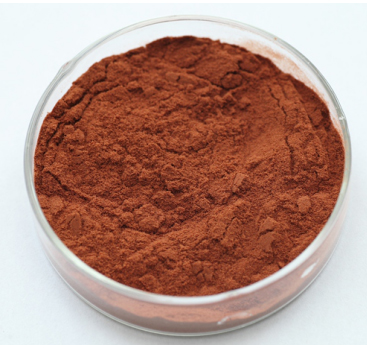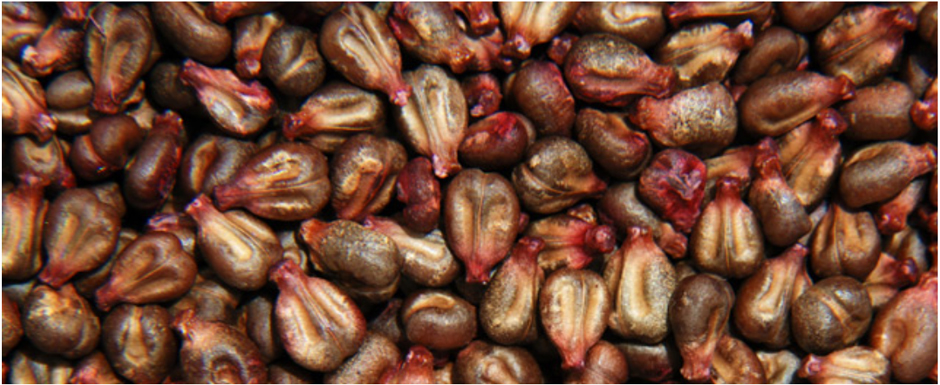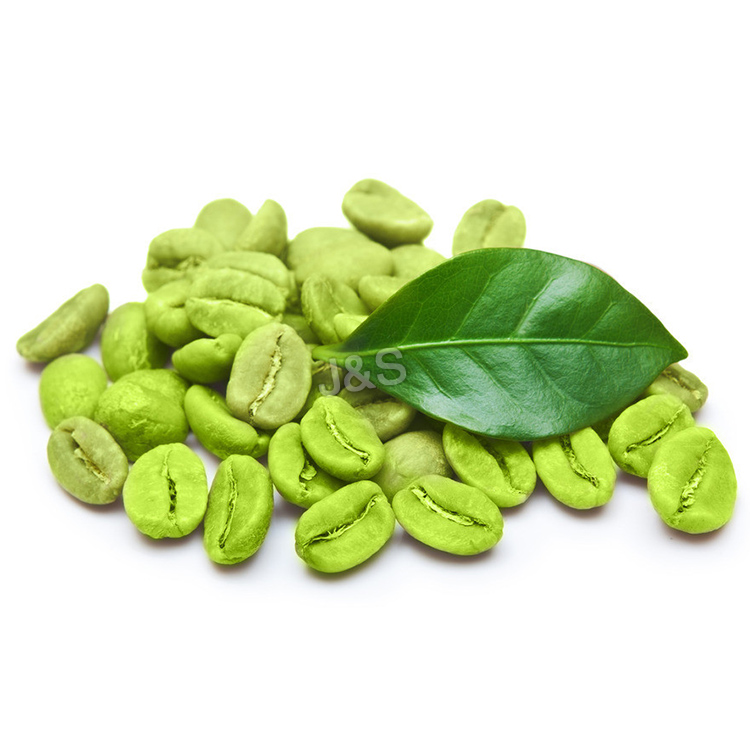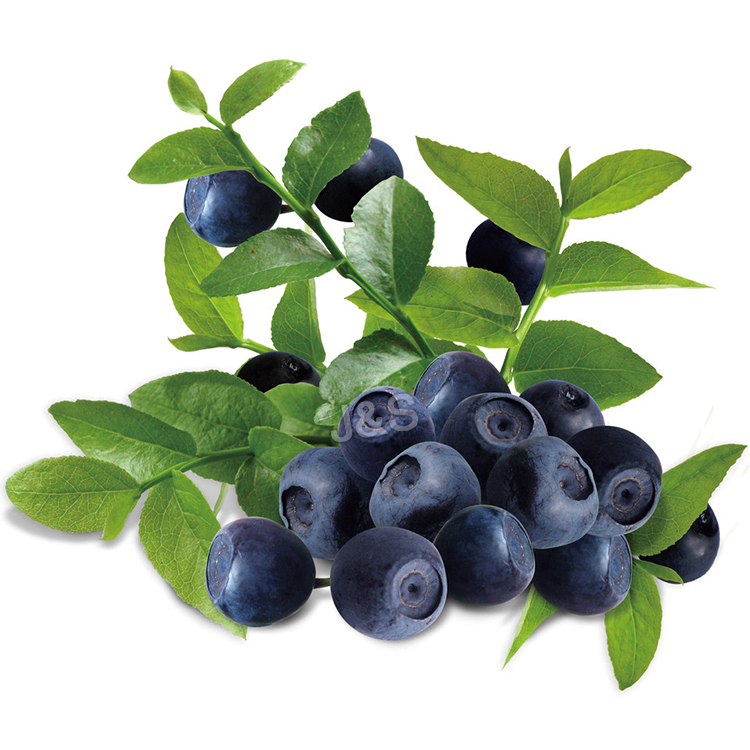Professional Design Grape seed extract Factory from Angola
Professional Design Grape seed extract Factory from Angola Detail:
[Latin Name] Vitis vinifera Linn
[Plant Source] Grape seed from Europe
[Specifications] 95%OPCs;45-90% polyphenols
[Appearance] Red brown powder
[Plant Part Used]: seed
[Particle size] 80 Mesh
[Loss on drying] ≤5.0%
[Heavy Metal] ≤10PPM
[Pesticide residue] EC396-2005, USP 34, EP 8.0, FDA
[Storage] Store in cool & dry area, keep away from the direct light and heat.
[Shelf life] 24 Months
[Package] Packed in paper-drums and two plastic-bags inside.
[Gerneral feature]
- Our product has passed the ID test by ChromaDex, Alkemist Lab. and other
third-party authoritative testing institutions, such as detection;
2. The pesticide residues match (EC) No 396/2005 USP34, EP8.0, FDA and other foreign pharmacopoeia standards and regulations;
3. The heavy metals in strict accordance with the foreign pharmacopoeia standard controls, such as USP34, EP8.0, FDA, etc.;
4. Our company set up a branch and import raw materials directly from Europe with strict control of heavy metal and pesticide residue. Aslo ensure the procyanidins content in grape seed is more than 8.0%.
5. OPCs over 95%, polyphenol over 70%, high activity, the oxidation resistance is strong, the ORAC more than 11000.
[Function]
Grapes (Vitis vinifera) have been heralded for their medicinal and nutritional value for thousands of years. Egyptians ate grapes a very long time back, and several ancient Greek philosophers spoke about the healing power of grapes — usually in the form of wine. European folk healers made an ointment from the sap of grapevines to treat skin and eye diseases. Grape leaves were used to stop bleeding, inflammation, and pain, such as the kind brought on by hemorrhoids. Unripe grapes were used to treat sore throats, and dried grapes (raisins) were used for constipation and thirst. Round, ripe, sweet grapes were used to treat a range of health problems including cancer, cholera, smallpox, nausea, eye infections, and skin, kidney, and liver diseases.
Grape seed extracts are industrial derivatives from whole grape seeds that have a great concentration of vitamin E, flavonoids, linoleic acid and phenolic OPCs. The typical commercial opportunity of extracting grape seed constituents has been for chemicals known as polyphenols having antioxidant activity in vitro.
Product detail pictures:

Related Product Guide:
Our target should be to consolidate and improve the high-quality and repair of current goods, in the meantime regularly produce new solutions to meet unique customers' needs for Professional Design Grape seed extract Factory from Angola , The product will supply to all over the world, such as: Bahrain, Malta, Gambia, All these products are manufactured in our factory located in China. So we can guarantee our quality seriously and availably. Within these four years we sell not only our products but also our service to clients throughout the world.
To find out more, go to https://bit.ly/BeautyBlend
Papaya fruit nutrition facts.
Papaya fruit s another gift of Mexicans to this world. This exotic fruit, is packed with numerous health benefiting nutrients. It is one of the favorites of fruit lovers for its nutritional, digestive, and medicinal properties. It probably thought to have originated in the Central Americas.
Papaya plant is grown extensively all over the tropical regions under cultivated farms for its fruits as well as for latex, papain, an enzyme that found wide applications in the food industry.
Botanically, the plant belongs to Caricaceae family of flowering plants, in the genus; Carica.
Scientific name: Carica papaya.
Papaya fruit health benefits.
The papaya fruit is very low in calories (just 39 calories/100 g) and contains no cholesterol; however, it is a rich source of phyto-nutrients, minerals, and vitamins.
Papayas contain soft, easily digestible flesh with a good amount of soluble dietary fiber that helps to have normal bowel movements; thereby reducing constipation problems.
Fresh, ripe papaya is one of the fruits with the highest vitamin-C content (provides 61.8 mg or about 103% of DRI, more than that of in oranges, or lemons). Research studies have shown that vitamin C has many important functions like free radicals scavenging, immune booster, and anti-inflammatory actions.
It is also an excellent source of Vitamin-A (provides 1094 IU/100 g) and flavonoids like ß-carotene, lutein, zea-xanthin and cryptoxanthin. Vitamin A is required for maintaining healthy mucus membranes and skin and is essential for healthy vision. These compounds are known to have antioxidant properties; help act as protective scavengers against oxygen-derived free radicals and reactive oxygen species (ROS) that play a role in aging and various disease processes. Consumption of natural fruits rich in carotenes has known to protect the body from lung and oral cavity cancers.
Papaya fruit is also rich in many essential B-complex vitamins such as Folic acid, pyridoxine (vitamin B-6), riboflavin, and thiamin (vitamin B-1). These vitamins are essential in the sense that body requires them from external sources to replenish and play a vital role in metabolism.
Fresh papaya also contains a good amount of potassium (257 mg per 100 g) and calcium. Potassium is an important component of cell and body fluids and helps controlling heart rate and blood pressure countering effects of sodium.
Papaya seeds have been proven natural remedy for many ailments in the traditional medicines. The seeds can be found application as anti-inflammatory, anti-parasitic, and analgesic, and used to treat stomachache, and ringworm infections.
Papaya.
Papaya fruit Nutritive Value per 100 g.
Energy 39 Kcal
Carbohydrates 9.81 g
Protein 0.61 g
Total Fat 0.14 g
Cholesterol 0 mg
Dietary Fiber 1.80 g
Vitamins
Folates 38 µg
Niacin 0.338 mg
Pantothenic acid 0.218 mg
Pyridoxine 0.019 mg
Riboflavin 0.032 mg
Thiamin 0.027 mg
Vitamin A 1094 IU
Vitamin C 61.8 mg
Vitamin E 0.73 mg
Vitamin K 2.6 µg
Electrolytes
Sodium 3 mg
Potassium 257 mg
Minerals
Calcium 24 mg
Iron 0.10 mg
Magnesium 10 mg
Phosphorus 5 mg
Zinc 0.07 mg
Phyto-nutrients
Carotene-ß 276 µg
Crypto-xanthin-ß 761 µg
Lutein-zeaxanthin 75 µg
Safety profile.
Papayas contain white milk like sap (latex) substance which can cause irritation to skin and provoke allergic reaction in some sensitized persons.
Ripe papaya fruit can be safely used by pregnant women. Unripe, green papaya should be avoided in them since it contains high levels of papain, a proteolytic enzyme. Additionally, unripe-papaya, its seeds, latex, and leaves also contain carpaine, an alkaloid which could be dangerous when eaten in high doses. Unripe papaya, however, can be eaten safely as a cooked vegetable.
Foods for Health Channel
https://www.youtube.com/channel/UC3qMrxIOg-LZ9kJZTses-JA
Video
If you like my video so please subscribes the channel and share with your friends
and helps my little army to grow.
Those Dayes will be good
Thank you
And Take care.
The after-sale warranty service is timely and thoughtful, encounter problems can be resolved very quickly, we feel reliable and secure.






